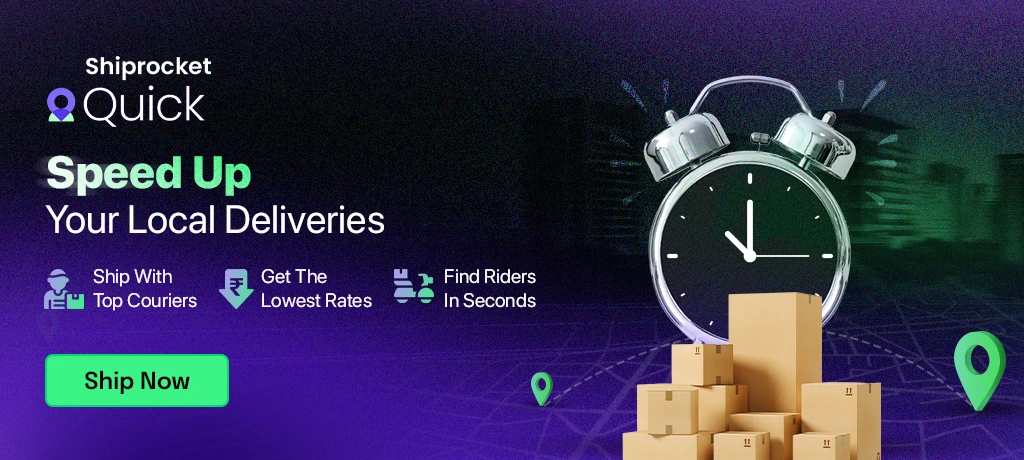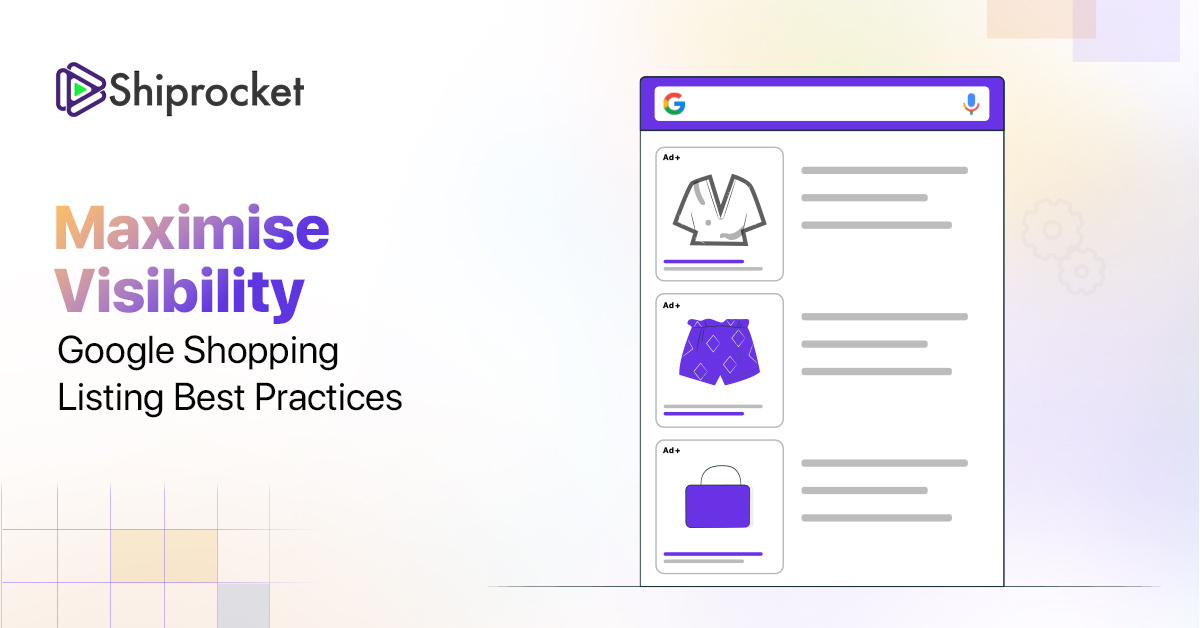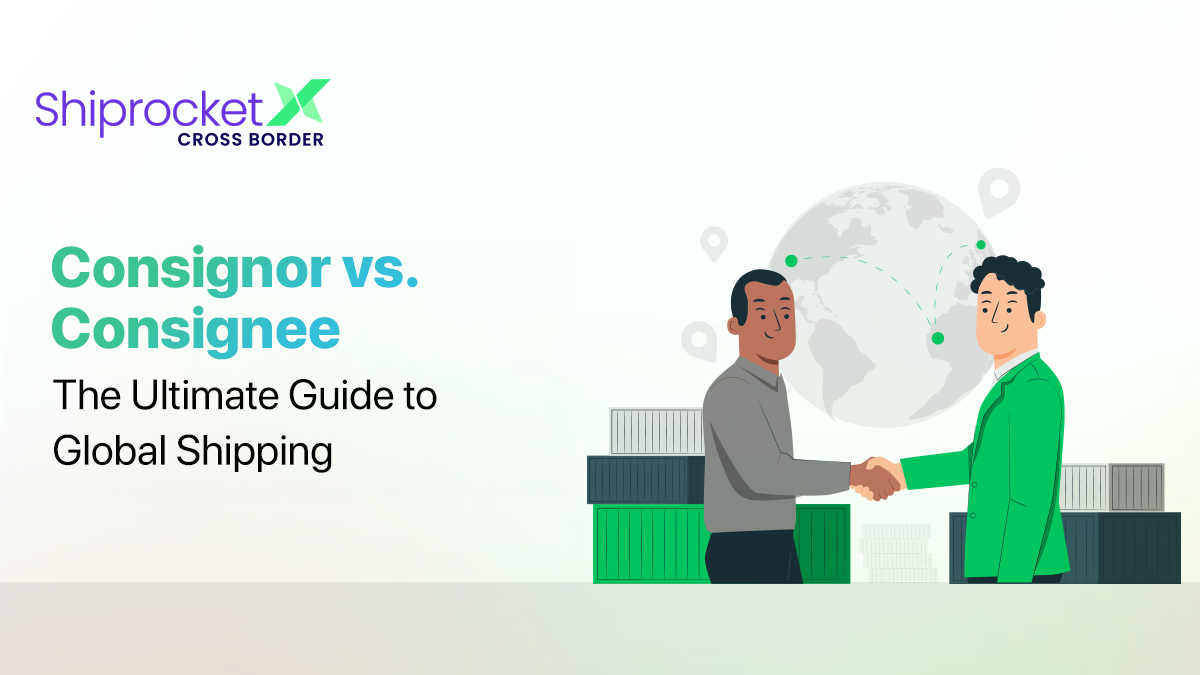Mastering One Hour Delivery: Achieving Speed and Accuracy
Customers expect speed and efficiency in every transaction, particularly when it comes to delivery services. Customers don’t consider one-hour delivery an exclusive and premium option eCommerce businesses offer. It has become a standard for many industries. eCommerce and on-demand services are growing rapidly. That’s why businesses must adapt their logistics and everyday operations to meet the ever-increasing expectations of customers. This requires extensive planning, optimisation of delivery routes, and seamless coordination between all parties involved. It will help eCommerce businesses implement a one-hour delivery model that drives customer satisfaction and enhances brand loyalty. It’s because businesses will be able to meet the growing needs of customers for convenience and immediacy.
This blog will help you understand one-hour delivery, how it functions, its key aspects, benefits for businesses, and more. Now, businesses can deliver fast without compromising quality or safety.

What is One-Hour Delivery?
One-hour delivery service guarantees the delivery of products to buyers within an hour of placing the order. It enhances your sales rates and brand loyalty, and needs an extremely efficient, well-coordinated, and highly streamlined system.
Initially, this model was limited to only a couple of products and was subjected to only densely populated urban areas. Companies like Amazon provided this service with only essentials needed for daily use in select parts of the United States. Over time, the one-hour delivery model has grown significantly and has broadened its range and reach. This model is now delivers fresh produce such as food, legal service papers, court filings, paper towels, diapers, medication, and more.
In Asian countries like China, the fierce competition in the market has given rise to more swift models like ultra-fast delivery services. Alibaba is one such eCommerce giant that has largely invested in curating end-to-end logistics infrastructure that is inclusive of warehouses, delivery networks, inventory management systems, order management systems, and more to ensure ultra-fast deliveries. The race does not end with one-hour or 30-minute deliveries. The quicker, the better, and every company is trying to optimise their delivery times to reduce them.
In such models, the customers will be given real-time tracking abilities and updates with an accurate countdown of the arrival of their purchases:
- The instant at which the vendor is preparing their order
- The instant the courier agent picks up their order
- The instant the order leaves the vendor and is out for delivery
- The instant of arrival.
How Does One-Hour Delivery Work?
Let us take a closer look and examine the key aspects of one-hour delivery services:
- Warehousing and inventory management: To enable one-hour or quick deliveries, companies should maintain a network of strategically located distribution centers and warehouses close to their buyers in densely populated areas. These warehouses use futuristic technologies to streamline efficiency for dispatching and restocking.
- Automation and elimination of manual labour: Today’s warehouses equip themselves with the latest and most advanced automation solutions, such as retrieval and storage automated systems. They also use robots that can locate and prepare items for shipment more quickly than expected.
- Futuristic software technology and algorithms: SThis model employs sophisticated and comprehensive inventory management software that predicts demand, optimizes routes, and coordinates deliveries.These models can learn from mistakes and perform better every time through AI and ML algorithms.
- Third-party logistics: Unlike the conventional Chinese model that controls the entire supply chain, Western businesses use third-party logistics providers to handle the transportation, warehousing, order fulfillment, and return logistics processes. This approach enables companies to provide quick delivery without creating and managing their own logistics infrastructure, and it can add complexity to the process that can hinder the swiftness of the delivery.
- Robotics in and drone delivery: A growing number of businesses in China are employing robots and drones to fulfill order deliveries. The impact of the COVID-19 pandemic has led to the employment of human-free systems.
- People-delivered courier systems: The last-mile delivery is still done by humans today, which is a costly approach. Based on the situation and location, couriers can use several transportation methods to ensure the quickest delivery methods like cars, bikes, walking, etc.
Dos and Don’t for Businesses
One-hour delivery is built on minimising the delivery process time to the bare minimum. One-hour delivery is possible when businesses make strategic decisions on what to do. The plans must be optimised and extremely sensitive to time.
Here is a list of dos for businesses while using the one-hour delivery model:
- The delivery location must be within that strict radius, making it easy to navigate and deliver to the consumers in the specified time.
- The costs of operation must be minimal and feasible.
- The stocking must be done selectively for high-demand, quick-moving, and daily-use items.
- These services must be deployed in areas with a high customer density. These will be the perfect target audiences and support sustained and organic demand, promoting quicker inventory turnaround and greater employee and asset utilisation.
Here is a list of don’ts for businesses using the one-hour delivery model:
- Products that do not have a huge demand need not be a part of the inventory to maintain feasibility with smaller storage and lower inventory costs.
- Although businesses have a presence in the city, they need not be present in all areas of the city.
- Apart from strategic decisions, businesses must also address operational problems. Smart logistics management software can be deployed on the operational setup to address these problems.
- The system automatically diverts the customer to the relevant fulfillment center for confirmation based on the virtual live inventory overview..
- The system must instantly generate a packing list with the precise quantities and make it available to the delivery partner.
The Key Aspects of One-Hour Delivery
The three key aspects of one-hour delivery include:
- Dark Stores or Storage Facilities: The rise in online purchases has created the need for brands to bring inventory closer to densely populated locations.They need this to ensure swift delivery turnarounds. They can also achieve quicker delivery through collaboration with conventional stores However, collaboration with conventional stores fails to give transparent inventory details. Hence, dark storage is crucial.
One-hour delivery platforms typically operate their own storage facilities in strategic locations within their service areas. Since these facilities are not meant for consumers, they can use space more efficiently, resulting in lower costs to manage these storage areas.
- Automated allocation of orders: Order allocation can be tedious and cumbersome. Especially when done manually, it can cause confusion and increase the delivery turnaround time. Q-commerce businesses are slowly transitioning to completely automated processes for on-time dispatch and quick deliveries. Smart logistics management software uses auto-allocation tools to eliminate manual intervention. It automatically assigns tasks and optimises the routes. Businesses can positively impact the net auto allocation rate by using futuristic technology solutions that are powered by AI and ML.
- Efficient driver management: Streamlining the timing is crucial to delivering such orders in stringent delivery timelines. These must be integrated harmoniously with an agile response team as it allows for resolving unforeseen situations and delivering stringent SLAs. In most cases, the unavailability of appropriate technology can be a major threat to managing drivers and their KPIs.
How Can Businesses Offer One-Hour Delivery
With higher competition in the market, businesses have to tweak their business models. Businesses can offer one-hour delivery by analysing a few characteristics of their business model, including the following:
- Speed: The estimated delivery time upon placement of an order is the main distinction between q-commerce and eCommerce. Q-commerce businesses feature speed as their unique differentiator. They finish their deliveries between two hours and ten minutes. Intelligent logistics management enables them to automate order processing and delivery components.
- The delivery approach: Q-commerce businesses often make use of two-wheelers and bicycles for order completion and fulfillment. With smaller deliveries, these modes of transport negotiate with traffic better. These are integrated with dynamic routing that streamlines the routes taken to complete deliveries.
- Service areas: Q-commerce businesses have small catchment areas and lathe consumer densities. Hence, speed, reliability, and viability are of prime concern.
- Dark stores: Q-commerce businesses have dark storage facilities in centralised locations, enabling quicker fulfillment of orders and reverse logistics processes.
- Intelligent planning and streamlining of routes: Clubbing of dynamic orders is done without considering constraints like radius, amount, location, number of orders, and more. Likewise, intelligent on-demand delivery solutions follow streamlined droughts for the best possible delivery windows.
- Live tracking: This uses animation and GPS of the agent to give real-time updates to the consumers.
What are the Benefits of One-Hour Delivery
The major benefits one one-hour delivery include the following:
- Enhanced consumer satisfaction: One-hour delivery is extremely valuable to meet the requirements of customers. The ability to deliver things as soon as possible ensures greater satisfaction rates and gives your clients a more streamlined experience.
- Lower friction rates in the purchase decision: The longer wait periods give your customers more time to change their minds regarding the purchases made. This results in cart abandonment. One-hour delivery eliminates this risk.
- Higher conversion rates: The quick delivery windows create the space for customers to come back and make another purchase with your business. Efficiency plays a role in helping you generate organic customers.
- Building a better relationship with your clients based on trust: Happy customers are the backbone of any business. The one-hour delivery option makes it a lot easier for you to reach this goal.
How Shiprocket Quick is Facilitating the New Delivery Trend
Shiprocket Quick is an all-in-one platform that integrates several courier partners, including Dunzo, Porter, Borzo, and more, in a single place. It facilitates quick rider assignment and offers businesses the convenience of booking any courier partners from a single platform. Shiprocket Quick is a cost-effective solution that ensures on-time deliveries. In addition to faster rider allocation, it offers multiple local delivery carrier options, live order tracking, API integrations, etc. It even offers exclusive rates for D2C traders.
Conclusion
The next generation of delivery services is undoubtedly will undoubtedly be all about speed and efficiency. If so, then the one-hour delivery model is gradually becoming a standard for reintroducing customers to companies. They include aggregating and integrating the supply chain, employing appropriate technologies, and deconstructing in a manner that reduces links in the system. Companies implementing these elements will address consumer needs quickly and rebrand themselves as major players in their respective industries.






